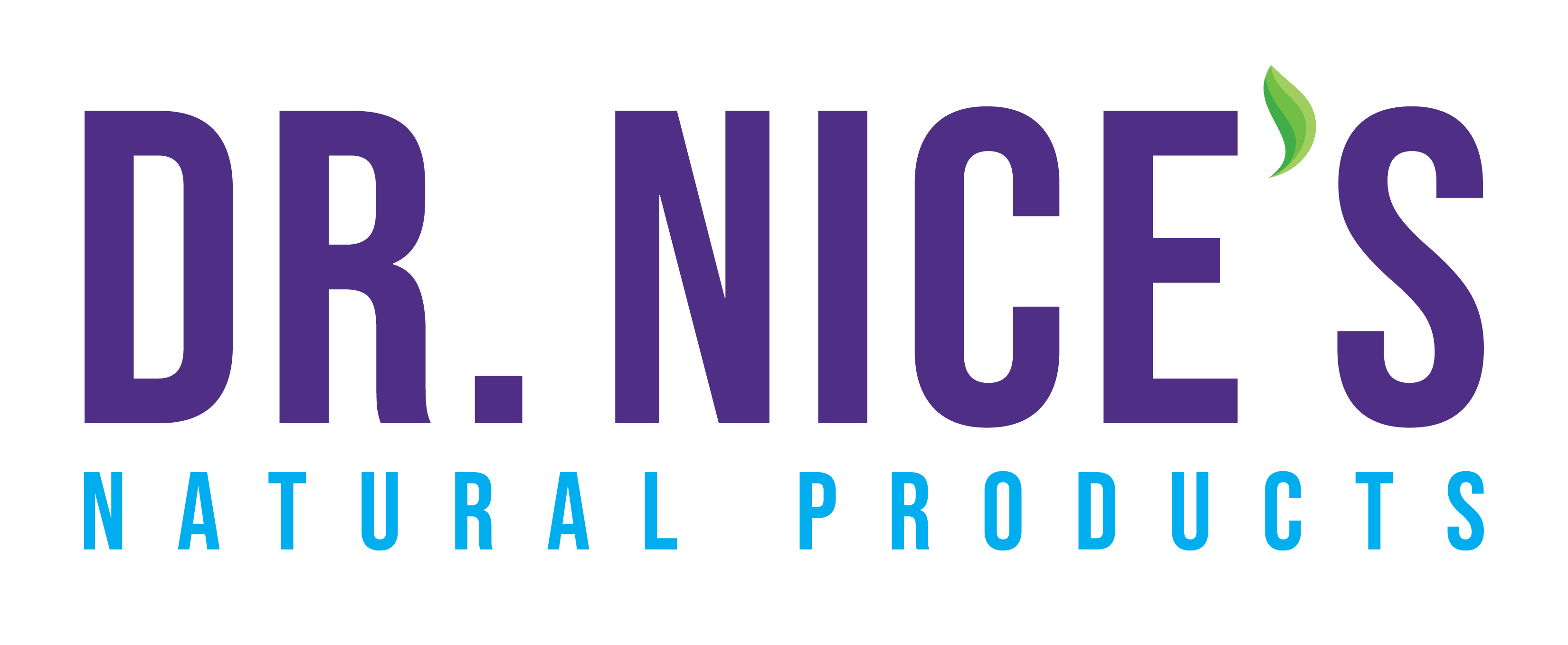Low or Reduced Breast Milk Supply: Causes and Solutions
One day, you’re nursing your precious baby, as usual; the next, you find the feeding cut short. Your baby’s cheeks look less full during their usual feeding, and afterward, they still seem hungry. If you’ve experienced these signs, it’s likely you’re experiencing low or reduced breast milk supply.
Reduction in breast milk supply can occur for a variety of reasons, including side effects of certain medications and infrequent or unfinished feedings. To solve this problem, it’s important to nurse fully and often. Remember to always care for yourself and foster comfortable breastfeeding experiences with effective techniques and soothing products such as Dr. Nice’s Moisturizing Gel (more about this later as we offer solutions).
In this article, we’ll be covering a few of the most common causes of low breast milk, as well as some easy solutions. By taking the proper precautions, you’ll be back on track in no time, taking advantage of all this beautiful experience has to offer.
Causes
When experiencing a breast milk shutdown, remember that this dilemma isn’t necessarily your fault. Low milk supply is a common issue that many mothers face. What’s important is to understand the common causes and take steps to control what you can.
Certain Medications
If you’re experiencing a breast milk reduction or drying up, you may want to check your medicine cabinet. Certain common medications can impact the amount of milk your body naturally produces.
Try to avoid taking:
- Antihistamines like Benadryl or Zyrtec
- Medicines with pseudoephedrine, a common ingredient of decongestants like Sudafed, Claritin-D, and Allegra-D
- Fertility medications
If your regular birth control has estrogen, you may want to consult your doctor about possible progestin-only alternatives. Although many women don’t report issues, contraceptives containing estrogen have been linked to lower milk production. With so many other safe and reliable alternatives, the switch may prove worth the trouble!
Supplementing Feedings
Breast milk production is definitely a “supply and demand” situation. The more milk your baby demands, the more breast milk your body will typically supply! By lowering your baby’s demand through other nutritional food sources, you maybe limiting the amount of breast milk your body will create, eventually leading to a breast milk shutdown.
Breastfeeding is ultimately the most affordable, trustworthy, and nutritionally sound way to feed your baby. If you hope to take advantage of this process for as long as possible, hold off on feeding your baby either solid food or formula between feedings.
Infrequent Feedings
On the same note, infrequent feedings can lead your body to limit the amount of breast milk it creates. You’re unlikely to see any major change in your milk production after a single missed feeding but skipping multiple feedings can lead your body to naturally produce less milk over time.
Solutions
The clearest, easiest solution to low milk production is to feed as often and as thoroughly as possible. Below, are a few suggested effective techniques for increasing your milk production.
Nurse Using Both Breasts
When your newborn is in the early stages of life, growing rapidly and eating as much as possible, you likely have to fully drain both breasts in order to keep your baby satisfied. As time goes on, however, and that need wanes, it’s tempting to use only a single breast at a time, especially if suffering from sore nipples.
Avoid that urge! By regularly draining both breasts, you are sending your body the signal that you still need all the milk it can help you offer. Also, adding in hand massaging or hand expression to both your breasts will help stimulate milk production and increase supply.
Pump Between Feedings
Once you’ve consistently begun feeding your baby exclusively with breastmilk, you may find that you start producing more milk than your baby needs. This is doubtlessly a fantastic problem to have!
Encourage more milk production by pumping between feedings, encouraging your body to produce as much milk as possible.
Take Care of Yourself
It’s vital that you remember to take care of yourself during this exciting time. Your body has been through an extraordinary and somewhat exhausting miracle. Remember to treat your body with the care it deserves!
As you breastfeed, take care of your health by:
- Getting plenty of rest
- Avoiding alcohol
- Eating healthy fruits and vegetables
- Drink at least two liters of water per day.
As you care for your body, make sure that the act of breastfeeding stays as comfortable as possible. With Dr. Nice’s Moisturizing Gel, you’ll experience immediate relief for sore, chapped nipples, ensuring your ability to fully enjoy every moment spent feeding your baby.
Dr. Nice’s patented, vegan formula coats the nipple, providing instant, cooling relief and sealing in chapped skin. This special formula was created by renowned, global lactation and pharmacology expert to offer a safe, lanolin-free alternative to help heal your chapped nipples. By fostering a positive breastfeeding experience, you’ll be able to feed your baby as often and fully as possible without fear of stinging nipples allowing you to keep up with that supply and demand.
Final Thoughts
If you’re worried that you may be suffering low breast milk production, don’t panic! By understanding the possible causes, you can better equip yourself to solve this problem as quickly and easily as possible.
Don’t be afraid to reach out for help. Consult a doctor or a lactation consultant if you worry that your milk supply is abnormally low. If you’re experiencing sore nipples, try Dr. Nice’s Moisturizing Gel for immediate, cooling relief.



Comments are closed